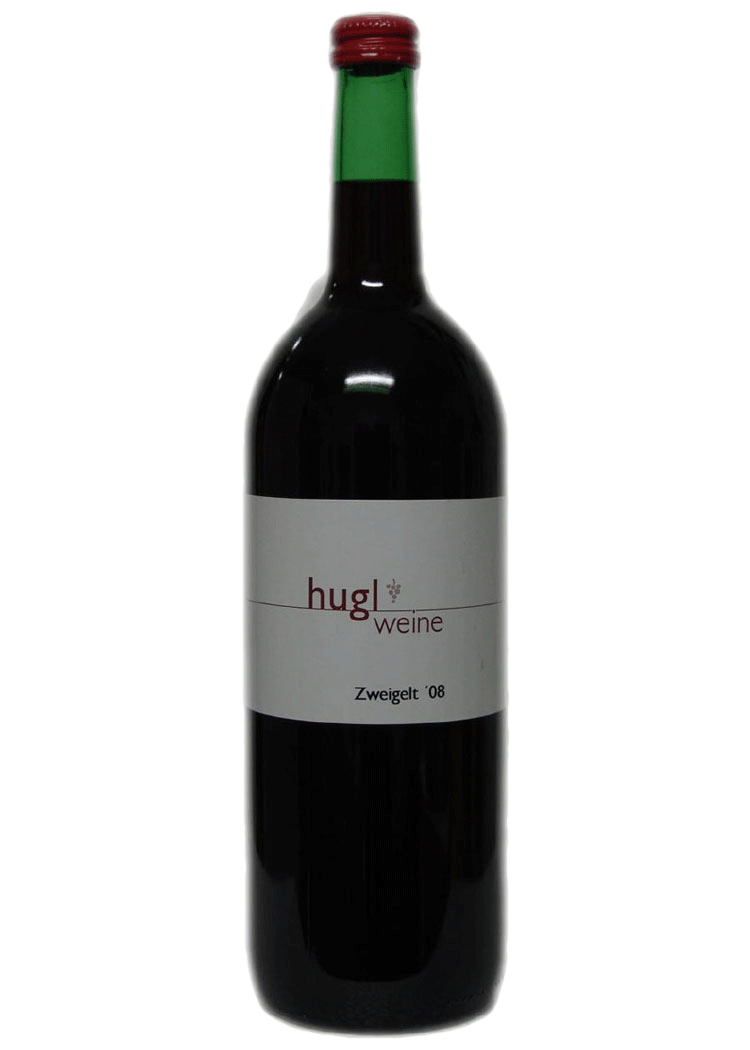tap to enlarge
Hugl Zweigelt
1L
$18.99
+CRV
Mix 6 for $17.09 each
*Price, vintage and availability may vary by store.
*Price, vintage and availability may vary by store.
Product Highlights
Austria- This variety was created in 1922, when Dr. Fritz Zweigelt crossed two grapes - Sankt Laurent and Blaufränkisch. The wine boasts a concentrated color, fruity and spicy aromas, and cherry flavors. Full-bodied, smooth and round, the wine is an ideal food companion.
FruityCherry
Product Details
OVERVIEW
Geography
Viticulture in Austria dates as far back as 700 B.C. The ancient Celts made wine for rituals and for daily consumption, a tradition continued by the conquering Romans and later revitalized by Charlemagne after years of neglect. Austrian viticulture was also influenced by Cistercian monks from Burgundy, who came to Austria in the Middle Ages, bringing grapes and their winemaking skills.
Modern Austrian winemaking has been marked by a concerted legislative initiative to promote quality. For generations, the country’s winemakers made Austria’s unique grapes into traditional wines for local consumption and bulk sales abroad. Today, more internationally traveled and educated winemakers are making state-of-the-art, high-quality wines that bring Austria worldwide recognition.
Varietal / Type
Red grapes produce an amazing array of red wine types: from the boldest, heartiest big reds, to elegant and structured dry red wines, to sweet and simple picnic sippers. So much depends on where grapes are from and what the winemaker does with them, but the most important factor is the variety of the grape itself.
There are the familiar international red varieties – Cabernet Sauvignon, Pinot Noir, Merlot and more – produced in the world’s top winemaking regions. Then there are regional red varieties, which produce types of red wine nearly synonymous with their place of origin, such as Sangiovese, from Italy, and Tempranillo, from Spain. There are hundreds more red grape varieties regularly used to make wine around the globe.
Most red wine varietals fare best in warmer climates, where they can ripen fully before harvesting. So climate and soil – as well as market demand – determine the best grape types to plant in a particular vineyard. In Europe, centuries of tradition, trial and error determined what wine grapes grew best where, and modern regulations have enshrined those winemaking practices into law.
Our red wine guide details the flavor profiles and regions of the most popular red varieties – plus a few you may not yet know. Use it as a road map for Total Wine & More’s selection of more than 8,000 wines. You’ll learn everything there is to know about your favorite red wines, and we’re sure you’ll find some new red wines to love.
